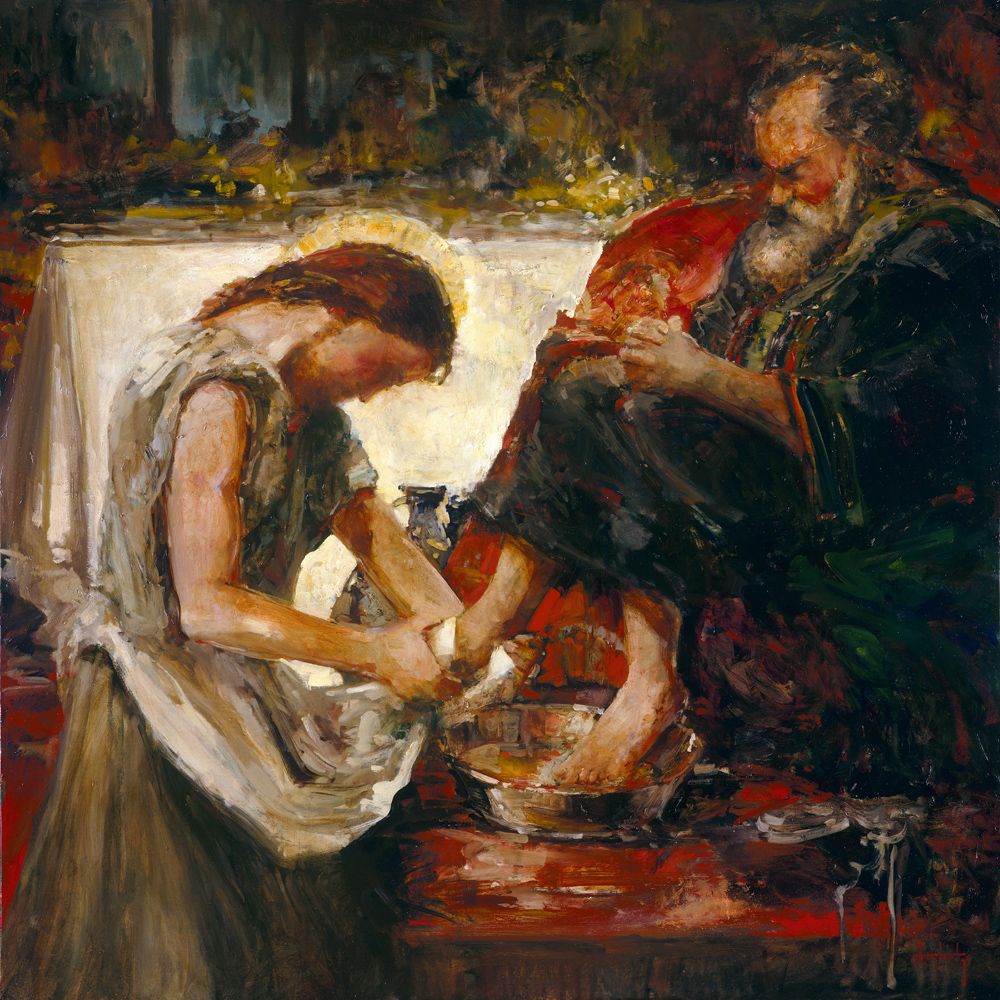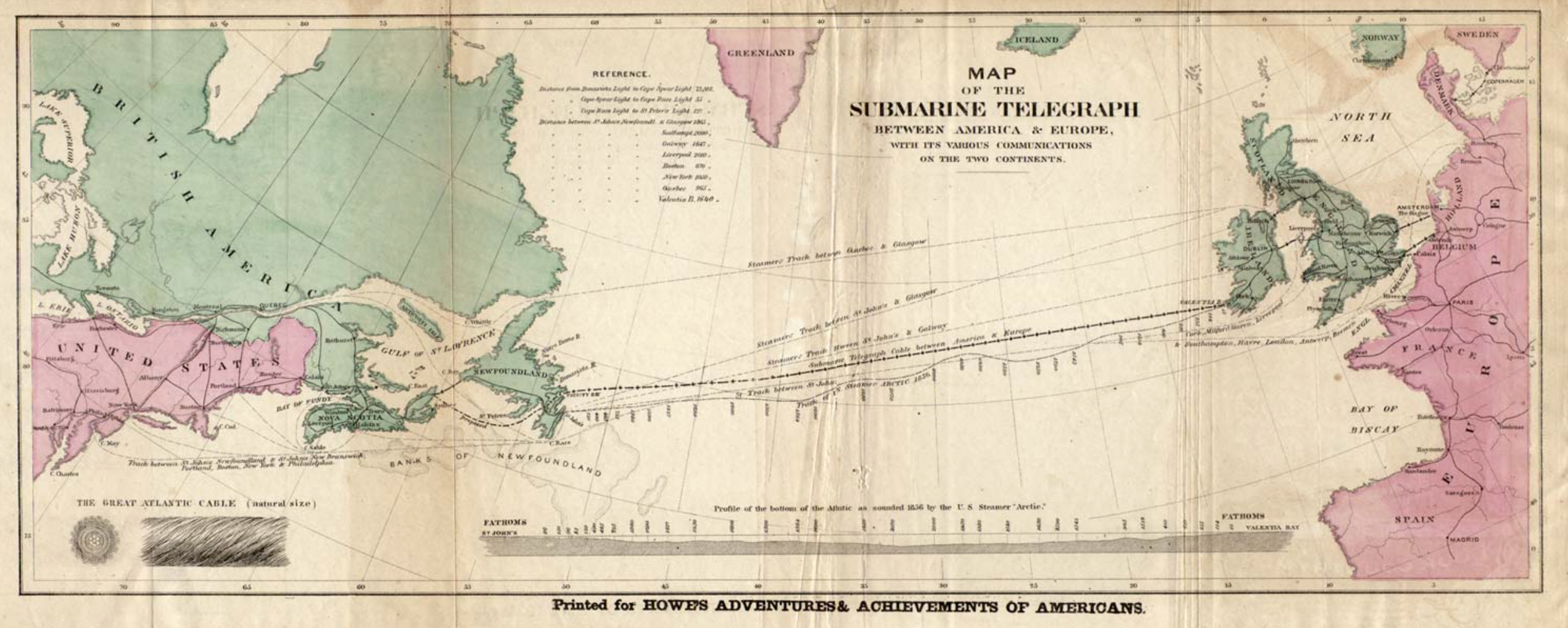
Unto Him
“But by the grace of God I am what I am, and His grace toward me was not in vain, on the contrary, I worked harder than any of them, yet not I, but the grace of God that was with me”
– 1 Corinthians 15:10
Not my will, but Thine… the result? All our hurts and pains leading us to a place of service and love, to enter realms where we don’t need to think of ourselves but upon the needs of others, putting our lives into a much-needed perspective. We find ourselves privileged to be simply partaking in what God is already doing, and we discover there’s nowhere else we rather be, than in His presence, about His business, in His will. We find ourselves in our element, because it’s the nature of Christ in us that’s satisfying itself. Suddenly we are content, courageous, at ease, confident in our own skin, and tapping into a gladness that’s ethereal. We come to Him for answers but sometimes all we get is His presence, and that is enough. Jesus says, ‘Come to Me, all who are weary and burdened, and I will give you rest.’ We sit down under His shadow in great delight. His fruit is sweet to our taste. It is His fruit, after all, that is being produced in and through us. We can’t boast or claim any of it. He lays all the groundwork; we just show up and partake. The world thinks we’re doing something, that it’s our endeavor, or our ministry, but we know better. It’s all His. We know we’re the ones being blessed through blessing others, and there is mutual healing.
You’d think the enemy would not want to break people… all it does is backfire. But perhaps we go through seasons like Job, where the breaking is permitted and ordained to bring us to a place of knowing and loving and understanding God better and deeper than before. Our teachers become the water of affliction and bread of adversity, and they are used to make us more like God. Whatever it takes to make us cling to Him is indeed worth it. Our expectation should be from God, not people. It’s He that shows up, fills our voids, meets our needs, lights our hearts on fire, and leads us. As incredibly daunting as this is, at least for me, only when we deliberately choose to override our feelings and live in this reality do we understand that we don’t have to be so moved, affected, bothered, offended, or hurt by others.
Abraham was likely considered naive and fantastical, impractical and a daydreamer. There was nothing extraordinary about him, he just learned to trust God more and more in the face of impossibilities. This was his maturity; this was him becoming a true ‘man of God’ and a true child of God. But sometimes we find ourselves like earthly children. We speak and understand and think like an earthly child. Yet our world is greatly expanded when we forsake it and follow Christ. New habits form, personal devotional time unfolds, mental discipline starts taking shape without strenuous effort but by a new motivation. The way we talk to ourselves changes and we learn, ever so slowly, how to be servants and love like Jesus.
He owes us nothing, and if we trust His nature and character and that He knows us better than we know ourselves and has our best interests in mind, as He will faithfully prove throughout our journey with Him, then is that not the attitude of a true child; the child He wants us to be, not the proud, entitled earthly child? When we live and serve Him, we see more through the lens of gratitude. He has already given us everything in His Son, and that is enough. It’s not about us earning favor with Him, especially when I do not feel delivered or that things are not going my way. The reality is, it’s not about me, it’s about Him. We are privileged to be servants of The Most High. No longer should we think like earthly, immature children but mature adults, which are the real children. A baby-sitter is paid, but a mother lays down her life. God is the mother in this picture, the eagle who holds her babies in the shadow of her wings, who will lay down her life for her young. God births His very nature in us. He tells us to surrender without any calculation, no self-interest, to forsake all that holds us back or that we try to cling to for security or find our identity in, and follow Him.
It’s easier said and written, but He does offer us a joy and a peace that can be had outside of circumstances and disappointments. The cross is brought into our lives and the servant doesn’t calculate but keeps serving and loving and does it as unto the Lord, not to get anything out of it. He or she gives and gives because they’re tapping into a grace that is not of themself. God gives us grace for the extra mile, or the extra thousand miles. He gives us grace to forgive once, twice, and seventy times seven. The servant looks for no payment or merit and sees it as a gift to work, serve, and live unto his Loving and Perfect Master. When we waive our own rights and feelings and serve and care and love as unto Him, we no longer seek Him for His blessings and instead we seek Him for Himself.
We all can recall times when we poured out naturally without expecting anything in return. It was an unconscious joy and delight; perhaps we were even unaware of it. But when the dynamics change, we develop an expectation. We do not serve endlessly like we did before, or, now we are aware that we’re serving in the first place. We subconsciously expect something in return. It may not be unreasonable what we expect, it may be perfectly natural and right. We expect love, care, respect, kindness, especially in relationships such as family, coworkers, close friends, a dating relationship, or a marriage. But what if it’s not given, or not given always? The true servant serves anyway and does it as unto the Lord, not unto the person. We all fail at this. Only Christ in us is capable, and He is slow and patient with us to teach us this. First, He will convict and show us, second, He will get us to a place where we realize it is absolutely impossible to do or think or be this kind of servant in our own strength, and third, He will do it through us, for us, and in us. The Holy Spirit will expose our utter destitution to reveal our perfect strength and sufficiency in grace.
He teaches us, through His nature in us, our new selves, to see past others to Him. Even those who hurt us. We look for a stockpile of grace, but He won’t give it. He wants our every breath to be dependent upon Him. If He gave us grace for tomorrow and next week and next year, we would not come to Him. He gives us just enough for each day like He gave the Israelites new mana in the wilderness. Soon we discover whatever pain and trial we go through regarding people we love is worth enduring, worth adjusting to, worth becoming the men and women of God He wants us to be through it and learning His heart and ways to love as unto Him. What we once saw as pain and hardship may perhaps be seen as our greatest blessing.
“So, Jacob worked seven years for Rachel, and they seemed like only a few days to him because of his love for her”
– Genesis 29:20
Like Jacob, we can labor, and it can seem like only a few days because of the love we have for each other, the love we have for God in another person, the love we have for the new creation in them and in us. But unless He builds, the labor is in vain. Striving and guilt and failure and dependence upon our ‘works’ and ‘performance’ won’t get us there. Only His grace will. We don’t need to love anyone in relation to our experience, whether good or bad or both, or by our capacity to think, but instead we can love by a perfect, unconditional love that is given by God.
This is the personal cross life – expecting nothing in return. Not our will, by His. Abraham took his promised son Isaac to the top of the mountain to sacrifice him in obedience to what God said, even though God told him that through him would come a nation, and eventually, the Messiah. Even though Isaac’s birth was a miracle, Abraham kept doing God’s will amid his pain and anguish and confusion, holding on to that mustard seed of faith, trusting that God was well able to raise his son from the dead. We see the evidence of his mustard seed in Genesis 22:5. “He said to his servants, ‘Stay here with the donkey while I and the boy go over there. We will worship and then we will come back to you.’
In Gethsemane, God sent Angels to comfort Jesus, so He could find the strength to continue in His Father’s will. The cross was worth it. Resurrection came. Laying down Isaac was worth it, because he appreciated him more after he was spared than had he never gone through the agonizingly traumatic ordeal. The point? Don’t quit on God, keep trusting, keep believing, even when all seems lost or impossible. Especially then. He will supply the grace needed.
Don’t grow weary and expect from others but do expect from God. We can’t take any credit for anything we have done, especially if what He says is true, and each good work He prepared in advance and accomplished beforehand that we may walk in them and partake of them. They are His works, His fruits, sown and reaped by His nature living in us. All is His grace working in and through us, therefore the boast is His. We are nothing but His vessels, beaten down and broken, used of Him to accomplish His purposes. We are what we are by His grace alone. The good parts are Him, the bad parts are covered by Him, and we can’t take credit for what is not ours. Did we serve that person, start that ministry, share Jesus with that friend, or did He do all those things in and through us? How privileged we are that He simply picks us up and uses us to partake in His divine activity. We just show up and see what He’s already doing, and then we get to take part. When we understand this, our pride doesn’t suffer so much and is not wounded. Paul said he worked harder than anyone and poured out more than anyone and laid down his life and invested and loved as much as he could, but not him, but God’s grace that worked within him. The same is true of us. How dare we take credit, yearn for acknowledgment, think we deserve something, or believe that we have anything to do with our salvation or our situation in life. When we come to acknowledge this, if we’re honest with our hearts, we do not know how to repent. We hold on and do not want to turn or let go, but His Spirit in us tells us we need to, and we must in order to live in the freedom and goodness He has for us. Our thoughts, our work, our bodies… we typically live unto ourselves. We must start with confession and then ask Him to do it for us and in us, because we know our wicked and depraved hearts are incapable of turning, thinking, and acting clearly outside of His supernatural grace in us. When we accept that it’s no longer we who live but He who lives within us, that the life we now live we live unto Him who gave Himself for us, we can be rid of ourselves, our chains or self-centeredness, and embrace His character and nature as our own reality. When we do this, we see past each other’s sins and flaws and to the glory-self, the new creation, Christ in each other, and we fall in love with it and commit to it with each other, to see each other all the way through, by each day’s daily provision of grace, until we are complete in Him.
God’s grace is more than enough for us to be the men and women He wants us to be. His agape love in us that is without conditions puts the needs and wants and hopes of others before our own, even at our own expense and perhaps even our own demise: the cost of our own heartbreak. “Not my will by Yours, Father,” Jesus prayed a costly prayer, but that was true love, and it was worth it. Like Job who lost everything, all was restored, but better. Abraham would never see Isaac the same. The blessing meant way more to him than ever before.
Our Lord’s words hurt and offend until there’s nothing left. He has no tenderness whatsoever toward anything that can ultimately ruin us in our service to Him. His Spirit will bring to our hearts and minds our selfishness and ghastly sense of entitlement, which He wants to hurt and offend until we recognize it’s no longer we who live but He in us. The strictness of this allows for nothing to remain in our lives except Him, our new self, and a sense of desperate hope; guided solely by our relationship with Him.
Obedience comes at a high and painful cost. Jesus shows us that. Abraham showed us that. if the great part of their faith was their willingness to do anything for God, including what seemed contradictory and counterintuitive, then we must do the same by surrendering our wants, desires, longings, handing them all over to Him, forsaking all so there’s no longer ‘one thing we lack.’ But, like Abraham, and like Jesus, we still believe that God is the God of the impossible, who can raise the dead, restore, redeem, and repair. Our bodies may bear the marks of Jesus’ sufferings, but may we not despise them. They may have ripped our heats to pieces, but they are for His sake. Christ in us can take the pain. Christ in us can love. He can bear and do what we can’t, through grace provided day by day. A.W. Tozer wrote that when we understand that everything happening to us is to make us more like Him, it resolves a great deal of anxiety. He will bring peace and healing to affliction and help us see ourselves as the free bondservants of Christ, and rest securely in that bliss.
“Let us not get tired of doing good, for we will reap at the proper time if we don’t give up. Therefore, as we have opportunity, let us work for the good of all, especially for those who belong to the household of faith”
– Galatians 6:9-10




